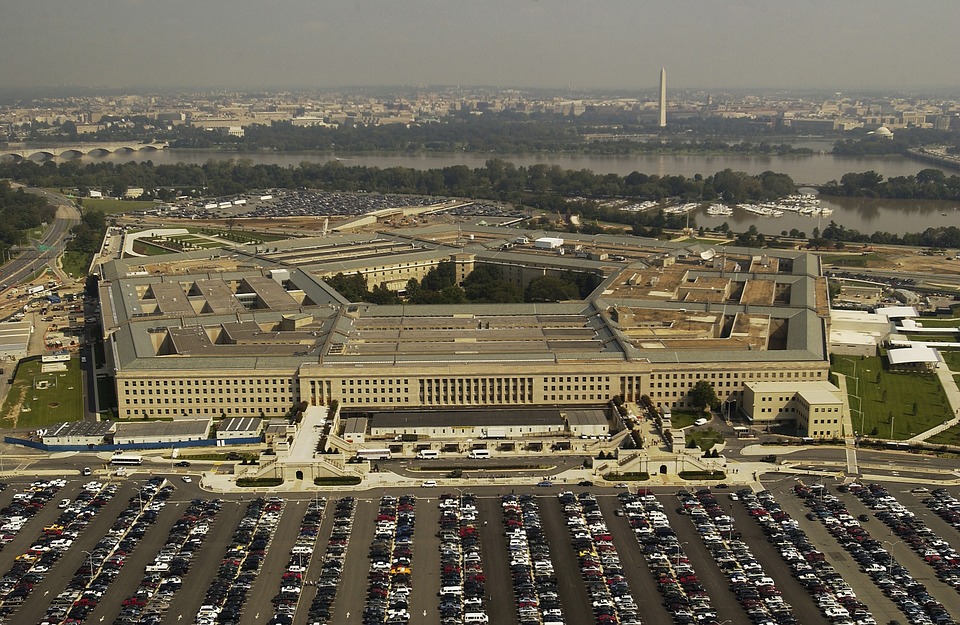
Sen. Tim Kaine, D-Va., in a letter to Defense Secretary Jim Mattis, asked the Pentagon to explain what he described as a "broad and troubling" interpretation of presidential authority under a military doctrine known as collective self-defense.
Under that principle, the military can conduct strikes to defend foreign troops it identifies as partner forces, even when U.S. personnel is not at risk and when no engagement has been authorized by Congress. Because U.S. troops might not be involved or even present when the strikes occur, it goes beyond the right of self-defense that U.S. troops have at all times.
In his Oct. 2 letter, Kaine said the "unintended consequences of this policy could be grave, and it raises the possibility of inadvertently becoming entangled in other countries' conflicts, especially as U.S. forces are deployed to over 170 countries around the world."
"I view the use of collective self-defense as yet another unilateral expansion of the President's Article II authority in a now 17-year counterterrorism campaign that seemingly knows no limits or end," he said. Article II of the constitution, among other things, lays out the president's role as commander in chief of the military.
Kaine has long advocated a more active congressional role in overseeing foreign military operations and has proposed crafting new legislation to update the 2001 law that has been used as a catchall legal basis for operations targeting al-Qaida, the Taliban, the Islamic State and other militant groups.
In a written response to an earlier query from Kaine, the Pentagon said that collective self-defense "is not typically limited to particular groups or individuals committing the hostile act or demonstrating hostile intent."
That would allow the military to attack forces threatening partner troops even when that action would not be permitted otherwise under the 2001 law or other congressional authorizations, the Pentagon told Kaine.
Aides said Kaine was concerned that the practice would allow the United States to attack any force threatening hostile action against any troops deemed to be American partners, regardless of whether congressional consent had been secured or what the larger ramifications of that action would be.
Kaine, who is up for reelection in November, has also raised concerns about the fact that the Pentagon does not routinely inform Congress about which forces it considers to be partners.
Ryan Goodman, a professor of law at New York University and a former Pentagon official, said the use of collective self-defense could represent an important expansion of the military's powers if it were used to authorize activities beyond the scope of the 2001 authorization or to justify strikes against state forces.
"That is another reason why this could be significant, because the United States could be dragged into a conflict with Syria or Iran for example without congressional involvement," he said. "That raises the stakes."
(COMMENT BELOW, PLEASE)


 Contact The Editor
Contact The Editor
 Articles By This Author
Articles By This Author